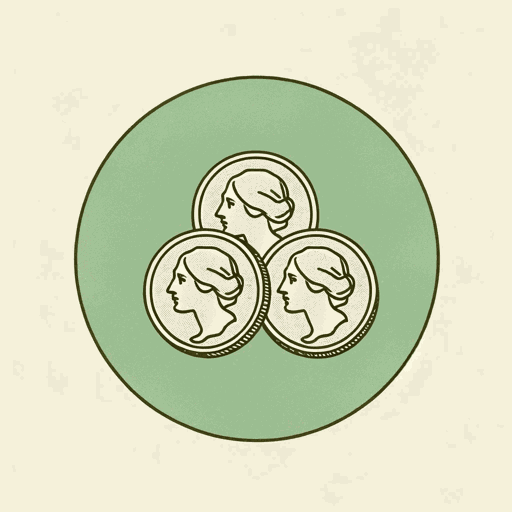51 pages • 1 hour read
Virginia WoolfThree Guineas
Nonfiction | Essay / Speech | Adult | Published in 1938A modern alternative to SparkNotes and CliffsNotes, SuperSummary offers high-quality Study Guides with detailed chapter summaries and analysis of major themes, characters, and more.
Part 3 (Pages 79-104)Chapter Summaries & Analyses
Part 3
Summary: Pages 79-87
The third and final part of Three Guineas continues Woolf’s correspondence with the unnamed letter sender. Here, she takes on the man’s three suggestions for preventing war: that there should be a manifesto to “protect cultural and intellectual liberty” (79); that people should join a society devoted to peace; and that people should donate money to anti-war societies that need funds.
Woolf considers the idea of protecting cultural and intellectual liberty to be “rather abstract” (79) and surprising. A man asking women to do this, she suggests, is like a duke asking a maid to “construe this rather difficult passage in Pindar” (79). Women, she says, have spent centuries contributing to the cause of culture and intellectual liberty, having contributed to patriarchal institutions such as Oxford and Cambridge. Furthermore, why should women perpetuate the existence of these institutions when they are denied entry on equal terms? But still, Woolf argues, “any kitchen maid would attempt to construe a passage in Pindar if told that her life depended on it, so the daughters of educated men […] must consider what they can do to protect culture and intellectual liberty if by so doing they can help you to prevent war” (81).
Rather than helping to preserve the current state of cultural and intellectual liberty, Woolf suggests instead that women should protect their own cultural and intellectual liberty.
Related Titles
By Virginia Woolf

A Haunted House and Other Short Stories
Virginia Woolf

A Room of One's Own
Virginia Woolf

Between The Acts
Virginia Woolf

How Should One Read a Book?
Virginia Woolf

Jacob's Room
Virginia Woolf

Kew Gardens
Virginia Woolf

Modern Fiction
Virginia Woolf

Moments of Being
Virginia Woolf
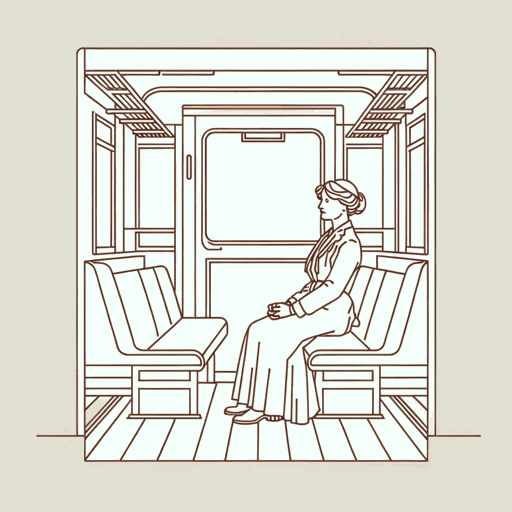
Mr. Bennett and Mrs. Brown
Virginia Woolf
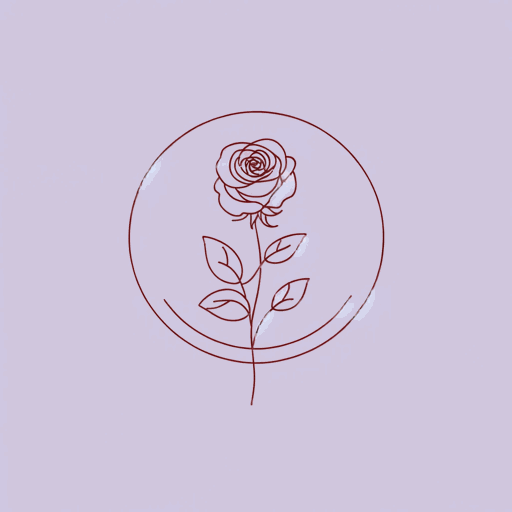
Mrs. Dalloway
Virginia Woolf
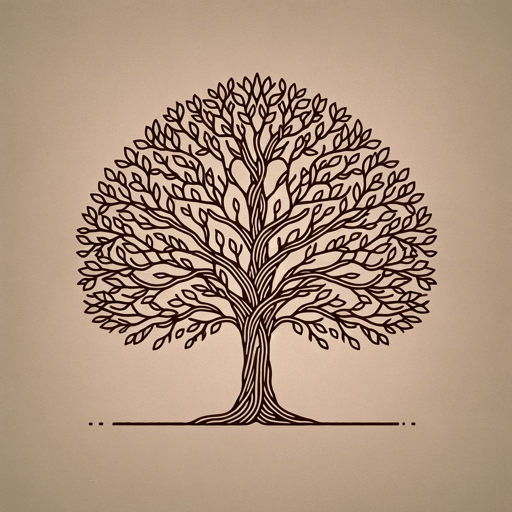
Orlando
Virginia Woolf
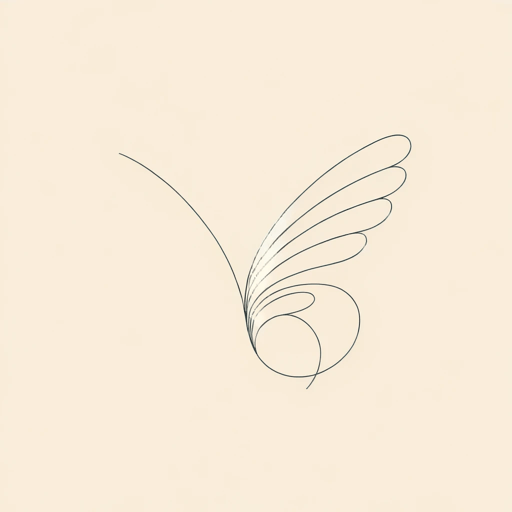
The Death of the Moth
Virginia Woolf

The Duchess and the Jeweller
Virginia Woolf
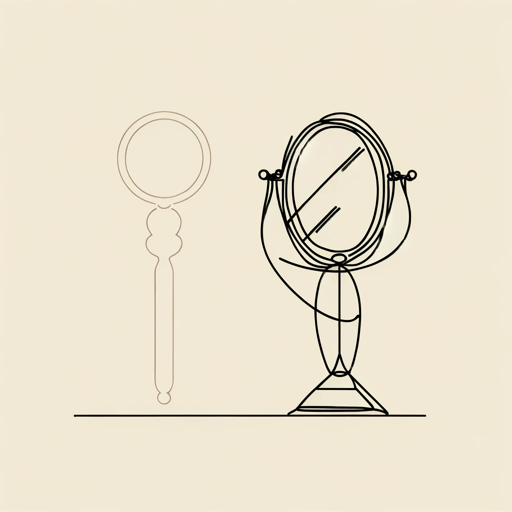
The Lady in the Looking Glass
Virginia Woolf
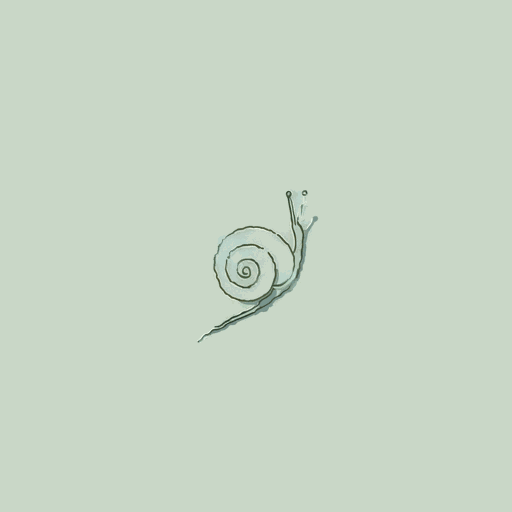
The Mark on the Wall
Virginia Woolf
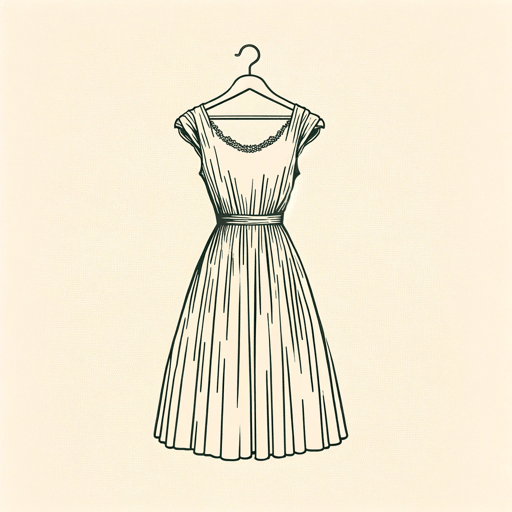
The New Dress
Virginia Woolf

The Voyage Out
Virginia Woolf

The Waves
Virginia Woolf

To the Lighthouse
Virginia Woolf
